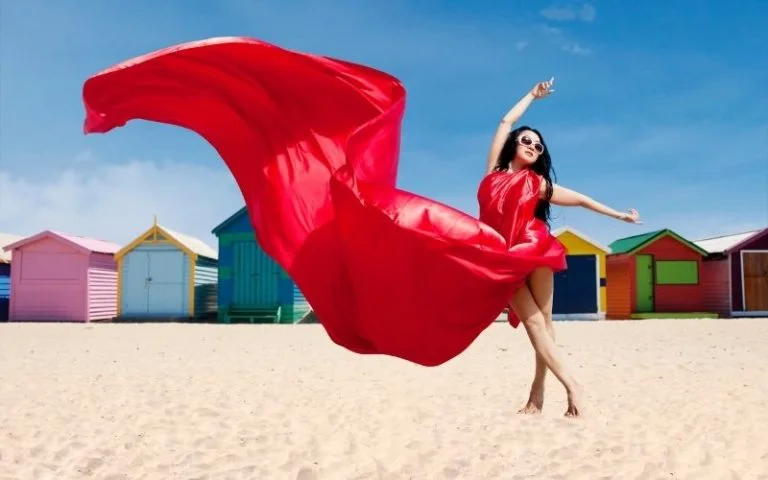In the dynamic world of cinema, creativity knows no bounds. Filmmakers, writers, and artists collaborate to produce cinematic masterpieces that captivate audiences worldwide. Yet, behind the scenes, copyright law plays a pivotal role in protecting the intellectual property that brings these stories to life. Join us as we delve into the fascinating realm of copyright law, explore instances of copyright infringement, and examine landmark movie copyright cases that have left an indelible mark on the film industry.
The Pillars of Copyright Law
Before we venture into the riveting world of movie copyright cases, let’s lay the foundation by understanding the fundamental principles of copyright law.
What is Copyright Law?
Copyright law grants creators exclusive rights to their original works of authorship. This includes the right to reproduce, distribute, display, and create derivative works based on the original content.
Copyright Infringement: A Legal Tug of War
Copyright infringement occurs when someone uses, reproduces, or distributes copyrighted material without the permission of the copyright owner. This infringement can result in legal actions and penalties.
Fair Use: The Balancing Act
Fair use is a crucial concept within copyright law. It allows limited use of copyrighted material without permission for purposes such as criticism, commentary, news reporting, teaching, scholarship, or research. Determining fair use can be complex and is often the subject of legal disputes.
Landmark Movie Copyright Cases
- Gone with the Wind (1939): Mitchell v. Macmillan
Margaret Mitchell’s novel “Gone with the Wind” was adapted into a highly successful film. However, a copyright infringement lawsuit ensued when Macmillan Publishing released a sequel without authorization. The case highlighted the importance of securing rights for derivative works.
- It’s a Wonderful Life (1946): Stewart v. Lombardo
This beloved holiday classic faced a copyright challenge when it was believed to have fallen into the public domain. However, a legal battle ensued, confirming the film’s copyright and demonstrating the importance of diligent copyright maintenance.
- Star Wars (1977): Lucasfilm Ltd. v. High Frontier
In this case, a non-profit organization used characters and elements from the “Star Wars” franchise in an advertisement without permission. The court ruled in favor of Lucasfilm, emphasizing the protection of fictional characters and worlds.
- The Lion King (1994): Kimba the White Lion v. The Lion King
Allegations of similarities between Disney’s “The Lion King” and the Japanese animated series “Kimba the White Lion” raised copyright concerns. While Disney prevailed in court, the case underscores the importance of originality in copyright disputes.
- The Matrix (1999): Sophia Stewart v. Warner Bros.
Sophia Stewart claimed that “The Matrix” and its sequels were based on her unpublished work, “The Third Eye.” The case generated significant attention but was ultimately dismissed. It highlights the challenges of proving substantial similarity in copyright cases.
Contemporary Copyright Challenges
As technology continues to advance, new challenges emerge in the realm of copyright law. Online streaming, digital piracy, and remix culture present complex legal dilemmas for filmmakers and content creators.
Online Streaming Platforms: Copyright issues arise when films are streamed or distributed on digital platforms without proper authorization. Licensing agreements and copyright enforcement are essential to protect creators’ rights.
Digital Piracy: The ease of online sharing has led to rampant digital piracy. Copyright holders must employ legal strategies to combat unauthorized distribution of their works.
Remix Culture: With the rise of fan-made content and remixes, determining fair use becomes a central concern. Creators must navigate the blurred lines between homage, derivative works, and infringement.
Balancing Creativity and Copyright
In the world of cinema, copyright law is the silent guardian of creativity, ensuring that artists’ works are protected and respected. The landmark movie copyright cases we’ve explored illuminate the intricate dance between creators and the law, emphasizing the importance of securing rights, respecting originality, and navigating the nuances of fair use.
As the film industry continues to evolve and adapt to new technologies, copyright law remains a cornerstone, providing a legal framework that both empowers creators and safeguards their intellectual property. In this ever-changing landscape, filmmakers and content creators must remain vigilant, understanding their rights and responsibilities to create, share, and innovate within the boundaries of copyright law.
Disclaimer: This blog post is provided for informational purposes only and should not be considered legal advice






